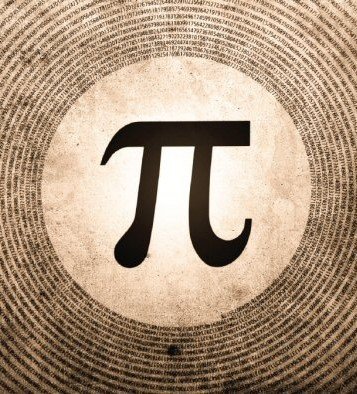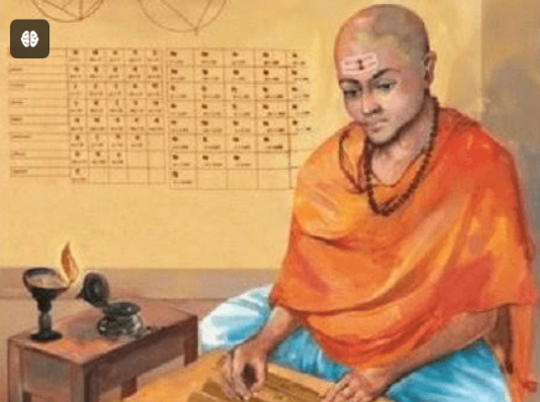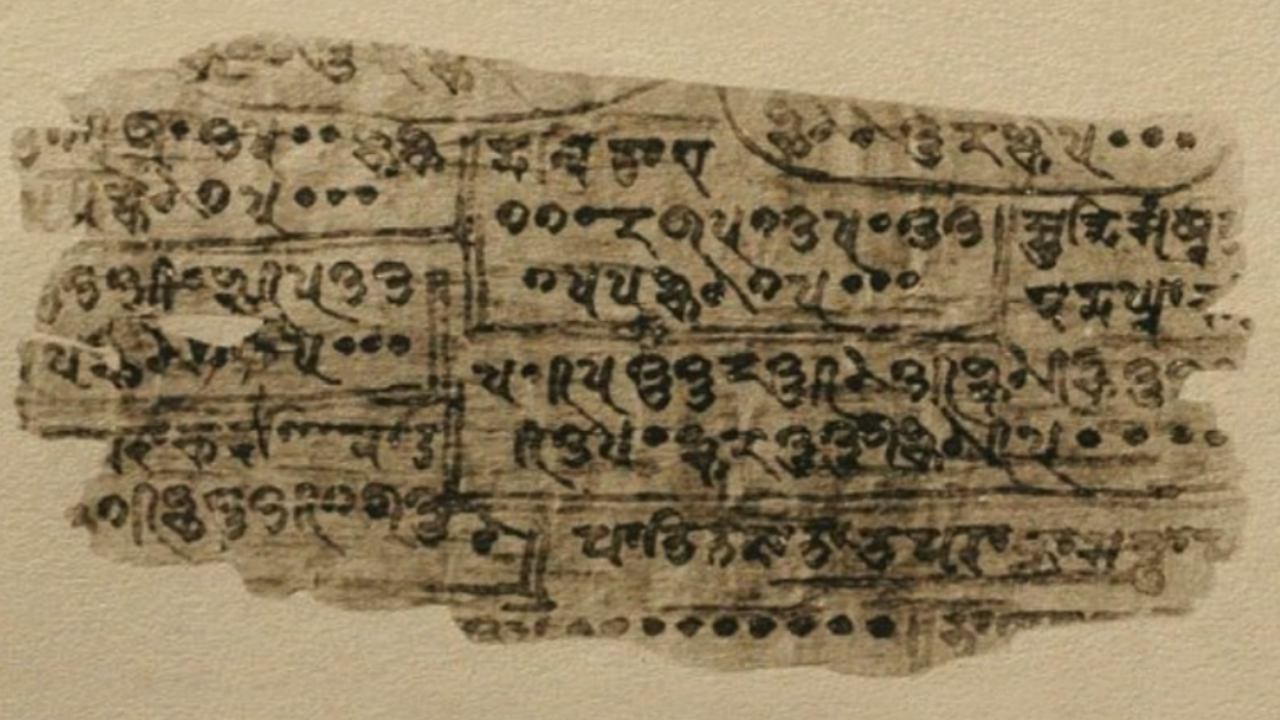Ancient India, a land of immense intellectual and spiritual richness, has long been celebrated for its contributions to various fields of knowledge. Among its most profound legacies is its pioneering work in mathematics, particularly the concept of zero and the development of the decimal system. These innovations not only transformed mathematical thought in India but also laid the foundation for modern mathematics, influencing countless fields across the globe. The story of ancient Indian mathematics is a testament to the brilliance and foresight of Indian scholars, whose discoveries continue to resonate through the corridors of history.
The concept of zero, a seemingly simple but revolutionary idea, is one of ancient India’s most significant contributions to mathematics. Before its formalization, the absence of a numeral to represent “nothing” was a major limitation in mathematical calculations. The use of zero as a placeholder and as a number in its own right revolutionized arithmetic and algebra, allowing for the development of more complex mathematical operations. This breakthrough is attributed to Indian mathematicians of the 5th century CE, particularly Brahmagupta, who formalized the rules for arithmetic involving zero in his seminal work, the Brahmasphutasiddhanta.


Brahmagupta’s contributions extended beyond the introduction of zero. He laid down the rules for addition, subtraction, multiplication, and division involving zero, and explored the concept of negative numbers—another first in the history of mathematics. His work provided the mathematical framework that would eventually spread across the world, reaching the Islamic world and later Europe, where it became a cornerstone of mathematical thought.
Before Brahmagupta, another towering figure in ancient Indian mathematics was Aryabhata, a 5th-century scholar whose work Aryabhatiya marked a significant advancement in mathematics and astronomy. Aryabhata’s text, composed when he was just 23 years old, introduced innovative methods for calculating areas, volumes, and the value of pi. His approximation of pi (π) as 3.1416 was remarkably accurate for his time and remains close to the value we use today.
Aryabhata’s contributions to trigonometry were equally groundbreaking. He introduced the concept of the sine function (jya in Sanskrit), which is fundamental to trigonometry. His systematic approach to solving quadratic equations and his use of algebraic methods to solve problems in astronomy further highlight the depth of his mathematical understanding. Aryabhata’s work was not limited to theoretical mathematics; it had practical applications in astronomy, such as predicting solar and lunar eclipses with remarkable accuracy.

The development of the decimal system, another pivotal achievement of ancient Indian mathematics, is closely linked to the concept of zero. The decimal system, which uses a base of ten, facilitated the writing of large numbers and made calculations more efficient. This system was crucial in the advancement of mathematics, as it allowed for easier computation and laid the groundwork for future developments in algebra, calculus, and other mathematical fields. The adoption of the decimal system in the Islamic world and later in Europe can be traced back to ancient Indian scholars, whose works were translated and studied by mathematicians across cultures.
The mathematical achievements of ancient India are a reflection of the civilization’s broader intellectual curiosity and pursuit of knowledge. These contributions laid the foundation for many of the mathematical concepts we take for granted today, from simple arithmetic to advanced algebra and calculus. The concept of zero, the decimal system, and the advancements in trigonometry and algebra are not just milestones in the history of mathematics; they are symbols of India’s enduring legacy as a cradle of scientific and intellectual achievement.
Ancient Indian mathematicians, through their groundbreaking discoveries, showcased the brilliance of Indian thought and laid the groundwork for modern mathematics. Their contributions continue to influence various fields, highlighting India’s pivotal role in the global history of science and mathematics. The legacy of ancient Indian mathematics is a reminder of the incredible intellectual achievements that have shaped our world, proving that the seeds of modern mathematical thought were sown in the fertile minds of India’s ancient scholars.



